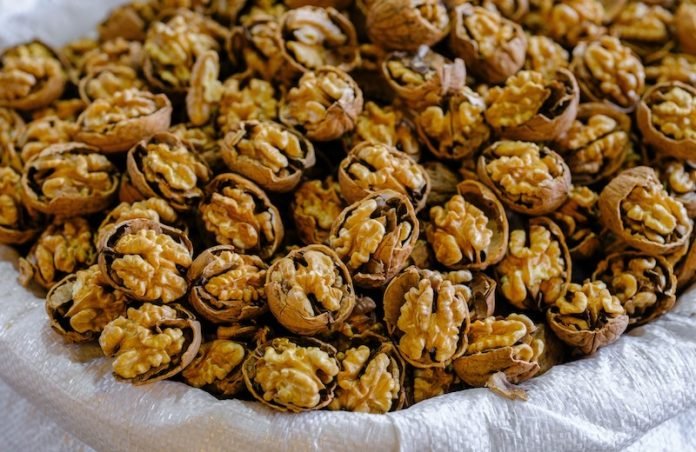
Memory function is a crucial aspect of cognitive health, and the foods we eat can have a significant impact on our ability to remember and recall information.
In this study review, we will examine the best and worst foods for memory function.
The Best Foods for Memory Function
Berries
Berries are rich in antioxidants, which can help protect brain cells from damage caused by free radicals.
Additionally, some studies suggest that the flavonoids found in berries can improve cognitive function, including memory.
Fatty Fish
Fatty fish, such as salmon, mackerel, and tuna, are rich in omega-3 fatty acids.
These essential fatty acids are crucial for brain health and have been linked to improved memory function and a reduced risk of cognitive decline.
Leafy Greens
Leafy greens, such as spinach, kale, and collard greens, are rich in vitamins and minerals that are essential for brain health. They are also a good source of antioxidants, which can help protect brain cells from damage.
Nuts and Seeds
Nuts and seeds are a good source of vitamin E, which has been linked to improved cognitive function, including memory.
Additionally, some studies suggest that the flavonoids found in nuts and seeds can improve cognitive function.
Whole Grains
Whole grains, such as brown rice, quinoa, and whole wheat, are a good source of complex carbohydrates.
These carbohydrates provide a steady supply of glucose to the brain, which is the brain’s primary source of energy.
The Worst Foods for Memory Function
Sugary Foods and Drinks
Sugary foods and drinks can lead to inflammation and oxidative stress in the brain, which can damage brain cells and impair cognitive function, including memory.
Fried Foods
Fried foods, such as french fries and fried chicken, are high in unhealthy fats, which can lead to inflammation and oxidative stress in the brain.
Additionally, some studies suggest that a high intake of fried foods is linked to an increased risk of cognitive decline.
Processed Foods
Processed foods, such as snack foods and pre-packaged meals, are often high in added sugars, unhealthy fats, and artificial ingredients.
These foods can lead to inflammation and oxidative stress in the brain, which can impair cognitive function, including memory.
Red Meat
Red meat is high in saturated fat, which can lead to inflammation and oxidative stress in the brain. Additionally, some studies suggest that a high intake of red meat is linked to an increased risk of cognitive decline.
Alcohol
Alcohol can impair memory function, particularly if consumed in excess. Additionally, chronic heavy drinking can lead to brain damage and cognitive decline.
Conclusion
In conclusion, the foods we eat can have a significant impact on our memory function.
To improve memory function, it is essential to eat a healthy diet that includes plenty of fruits, vegetables, fatty fish, nuts, and whole grains.
It is also important to limit the intake of sugary foods and drinks, fried foods, processed foods, red meat, and alcohol.
By following a healthy diet and limiting the intake of unhealthy foods and drinks, we can help protect our brain cells from damage and improve our cognitive function, including memory.
If you care about Alzheimer’s, please read studies about a primary cause of Alzheimer’s, and common nutrient in meat may be key to preventing Alzheimer’s.
For more information about brain health, please see recent studies about new trigger of inflammation in Alzheimer’s disease, and results showing how alcohol, coffee and tea intake influence cognitive decline.
Copyright © 2023 Knowridge Science Report. All rights reserved.



